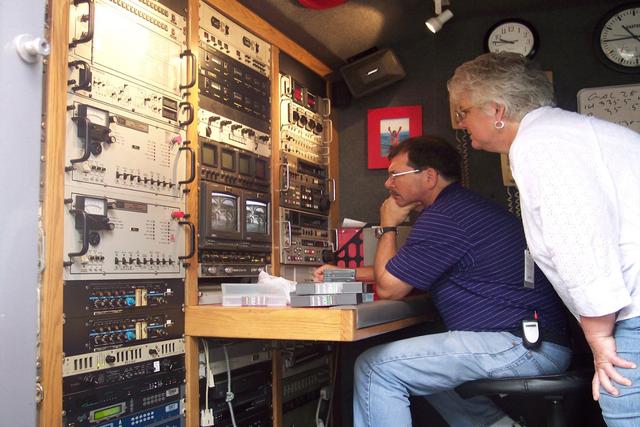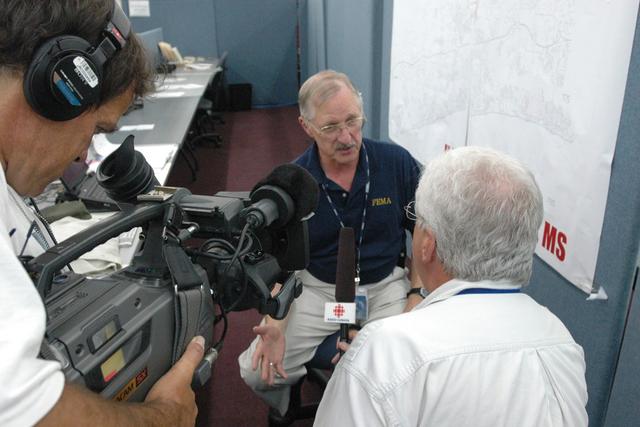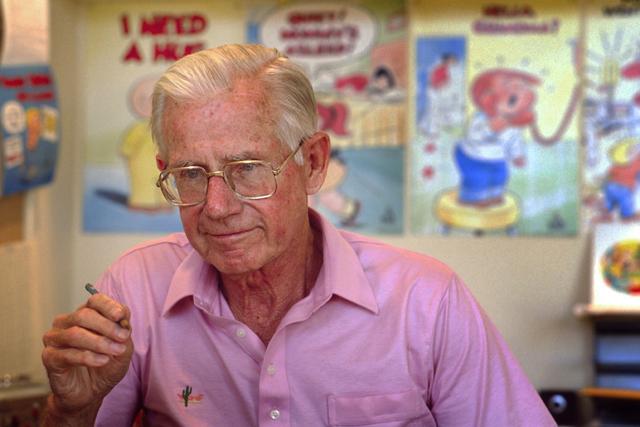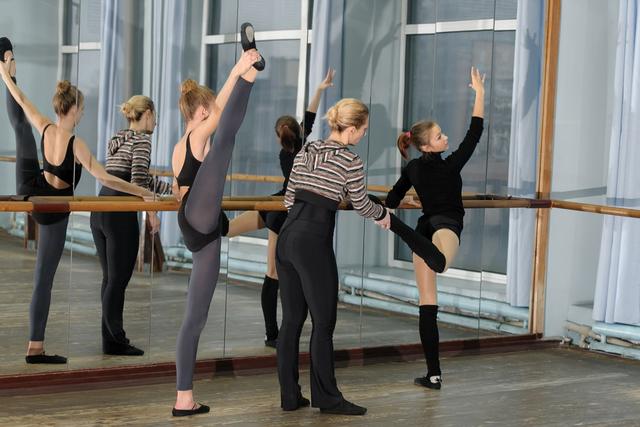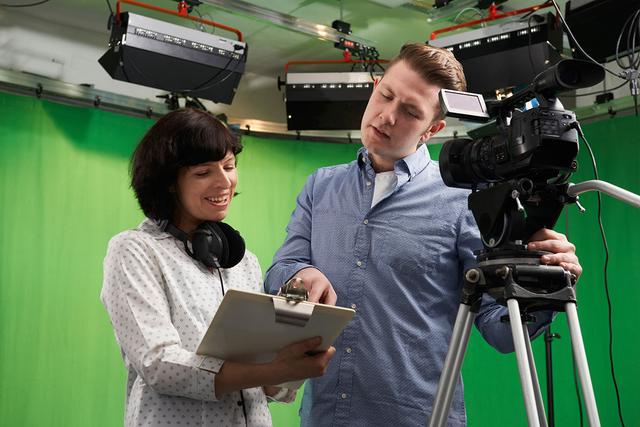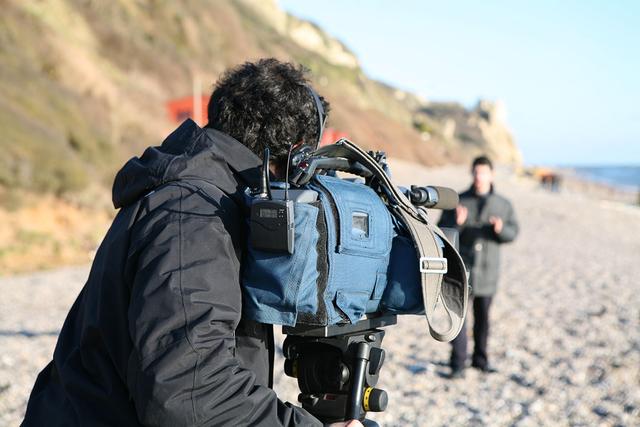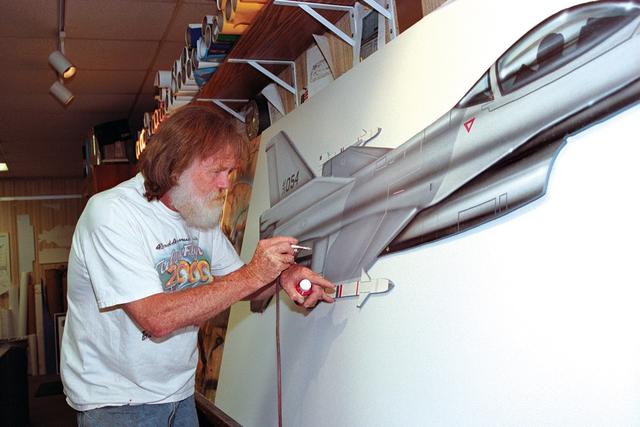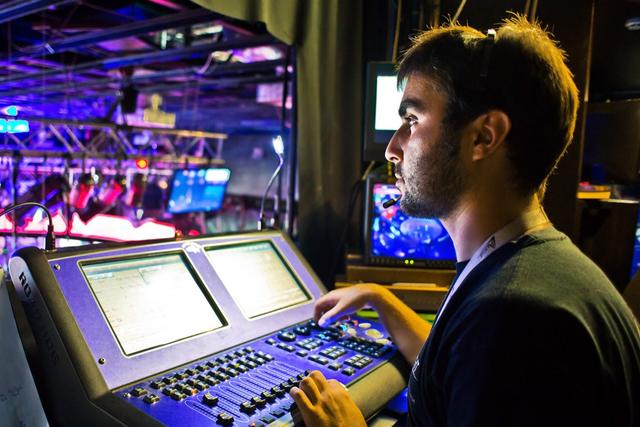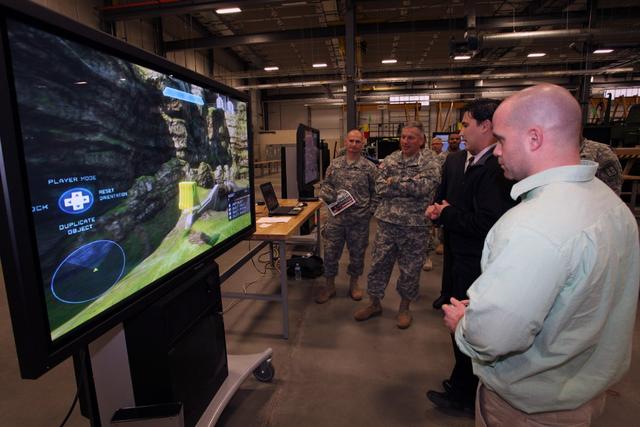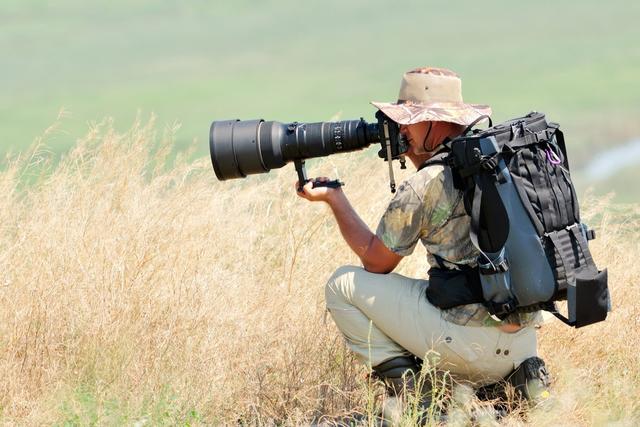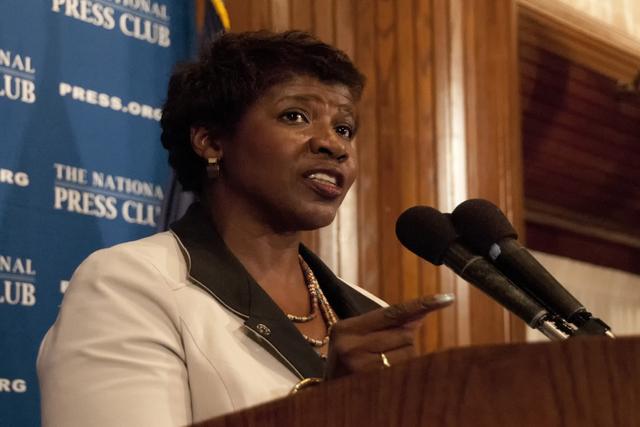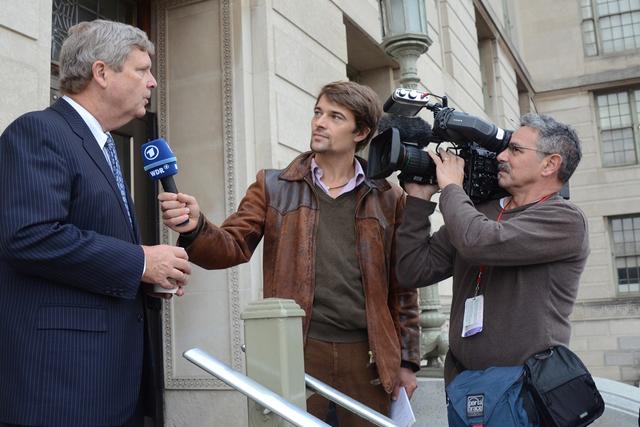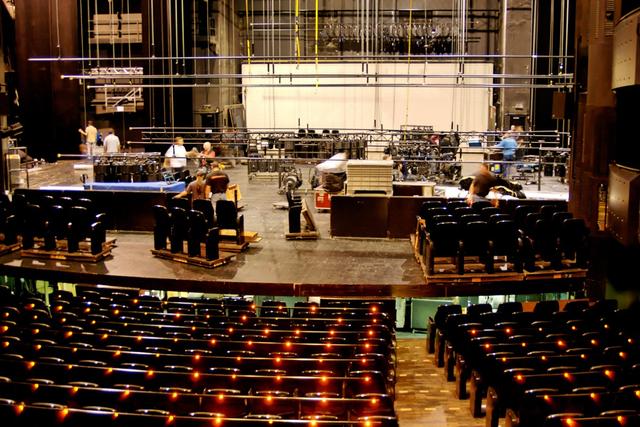Film and Television Editors
Overview

Introduction
Film and television editors perform an essential role in the motion picture and television industries. They take an unedited draft of film, videotape, or digital video and use specialized equipment and software to improve the draft until it is ready for viewing. It is the responsibility of the film or television editor to create the most effective product possible. There are approximately 47,200 film and television editors employed in the United States.
Quick Facts
Median Salary
Employment Prospects
Minimum Education Level
Experience
Skills
Personality Traits
Earnings
Film and television editors are not as highly paid as others working in their industry. They have less clout than directors or producers, but they have more authority in the production of a project than many others in the industry. The mean annual wage for editors in the motion picture and video industries was $92,070 in May 2023, according to the U.S. Department of Labor (DOL). Those who worke...
Work Environment
Most of the work done by editors is done in film or television studios or at postproduction companies. The working environment is often a small studio office crammed with editing equipment. Working hours vary widely depending on the project. During the filming of a commercial, for instance, editors may be required to work overtime, at night, or on weekends to finish the project by an assigned d...
Outlook
Employment for film and video editors in the motion picture and video industries will grow by 10.7 percent from 2023 through 2033, according to the U.S. Department of Labor (DOL), or much faster than the average for all careers. Faster-than-average employment growth is expected for editors who work for media streaming distribution services, social networks, and other media networks and content ...









